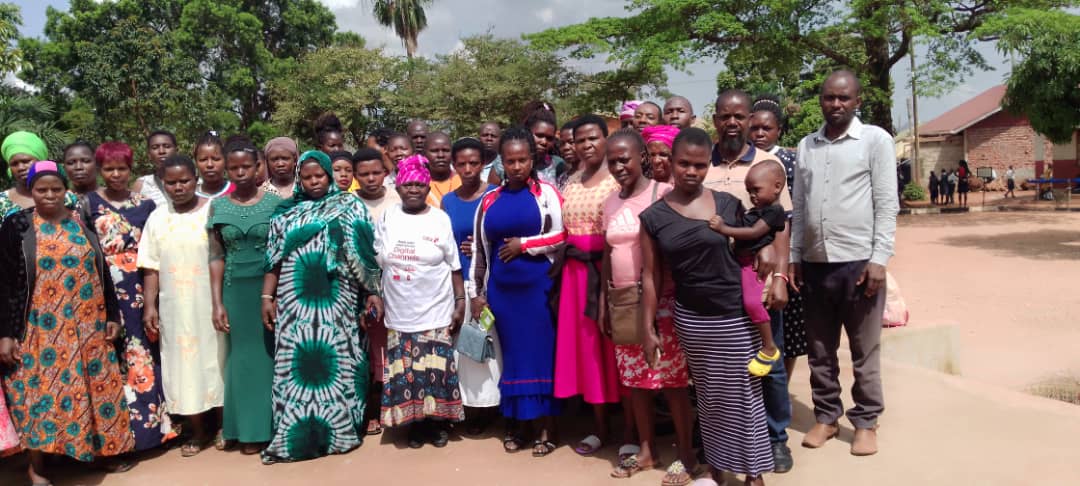Parents Call for Continuity of Girls' Empowerment Program in Kampala

Concerned parents in Kampala have called for for the continuation of the Girls Empowering Girls program implemented by TMC as it approaches its scheduled closure in November 2025.
While reflecting on the initiative for lifting over 2,300 adolescent girls out of vulnerability and keeping them in school, parents say that they have learnt lessons including the saving culture which they say can help them push on with supporting their children despite a call to staying the implementation of the program.
Implemented by the Trailblazers Mentoring Foundation (TMF) in partnership with Kampala Capital City Authority (KCCA) and funded by the Belgian government through UNICEF, the social protection program has operated since 2019, combining mentorship, service referrals, and cash transfers to support both in-school and out-of-school girls.
“Mentoring is core for us,” said TMF’s Monitoring and Evaluation Officer Caroline Nakanwagi during a parent feedback session held this week in Kampala.
“We walk with these girls—not just academically, but emotionally and socially. We cover menstrual health, mental health, life skills, and critical thinking. These are the foundations that help girls stay in school and thrive.”
Originally running in 21 schools, the program is currently active in 10, and supported by 50 peer mentors across all five city divisions.
The cash transfers—modest but consistent—have helped families meet education-related costs such as school fees, uniforms, and supplies.
But with funding drying up in just over six months, TMF gathered parents this week at St. Martin Primary School, Mulago and Nakivubo Blue Primary School to hear their views on the program’s impact—and to spark discussions on how to sustain its gains without donor support.
“The purpose of this session was twofold,” Nakanwagi said.
“To assess the real impact through parent voices, and to prepare them for what comes next.”
For many parents, the benefits were deeply personal and transformative.
“Before this project, I didn’t think girls should be in school,” admitted Mugabe Papius, a father of a six-year-old girl in the program. “Now I’ve learned better. I’ve stopped drinking, I’m saving, and I’ve started farming. My daughter is still in school, and I’m proud of that.”
Loice Opiru, a parent champion with TMF, credited the program for stabilizing her household.
“My daughter was living with her stepfather and fees were a constant struggle. But the cash transfers changed that,” she said.
“Now she’s in Senior Two, and I’ve started saving, joined seven village savings groups, and even launched a small business. Before, we ate once a day. Now, we eat three times.”
Parents also reported positive shifts in parenting practices and child behavior.
“We’ve seen parents say they’ve stopped drinking, they’ve changed how they communicate with their children, and their daughters are more disciplined,” said Nakanwagi.
Despite the success, the looming end of the program is raising concern. Some parents said they are actively seeking more affordable schools or planning small-scale businesses and farming to sustain their daughters' education.
“Parents are no longer just beneficiaries,” Nakanwagi noted. “They’re now partners and drivers of change. That’s the legacy we hoped for.”
As the countdown begins, stakeholders now face a critical question: Can the grassroots momentum continue without institutional support? If this week’s feedback is anything to go by, the answer may lie in the quiet resilience of Kampala’s parents.
Implemented by the Trailblazers Mentoring Foundation (TMF) in partnership with Kampala Capital City Authority (KCCA) and funded by the Belgian government through UNICEF, the social protection program has operated since 2019.



0 Comments